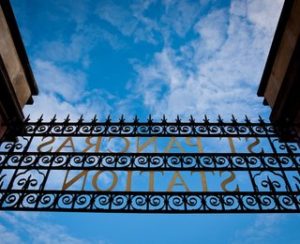
A recent examination by the Office of Rail and Road into the practices of train operating companies (TOCs) reveals a significant inconsistency in the level of qualification for staff involved in prosecuting fare evasion cases. While most departments set high professional standards, the industry as a whole appears to rely more heavily on on-the-job training and informal experience.
The professional backgrounds of prosecution staff vary widely, with employees coming from revenue protection departments , the British Transport Police (BTP), legal services, and even the judiciary. This variety of experience reflects the diverse nature of the role.
Some TOCs do enforce strict qualification requirements. For instance, certain companies require their internal prosecutors hold a Law Degree or specific advanced investigator qualifications because they recognise the importance of a formal legal education for handling complex or contested cases.
However, the majority of TOCs do not require any formal qualifications or accreditation for their prosecution staff. Instead, they depend on a combination of internal and external training programmes. The duration of this training is inconsistent, ranging from as little as five days to as long as three months. When third-party contractors are used for prosecution services, the level and type of training they receive can be even less clear, sometimes being described only as unspecified “relevant legal training.”
The use of lay prosecutors—individuals without a formal law degree—is a common practice across the industry. While some companies may enlist the help of external barristers for particularly intricate cases, the prosecution of most cases is handled internally by these trained, but often unqualified, staff members. These findings raise questions about the consistency and fairness of the prosecution process across the national rail network.
For further information in relation to summons from rail companies, please contact our team of experts on 02078373456
